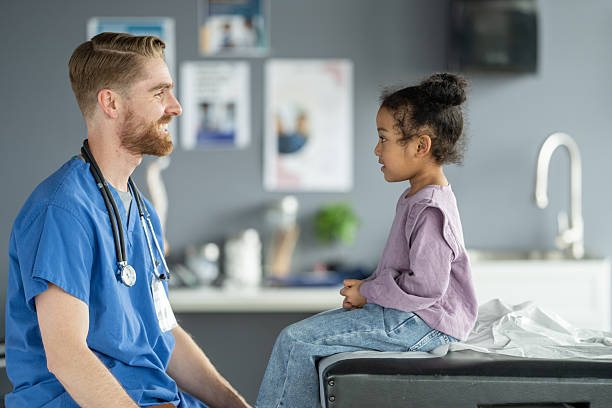Over-the-counter (OTC) medicines are used to treat a myriad of conditions, from headaches to vomiting.
These medicines are easily accessible because you do not need a prescription from the doctor the purchase them. However, that does not mean that they cannot cause serious side effects, particularly if they are taken incorrectly or combined with contraindicated medicines.
Below are the five tips for using OTC medications safely:
- Consult A Professional
Your physician or pharmacist can help you navigate through the thousands of OTC medications available based on your unique medical needs, history, and specific condition or ailment.
They should already know if you have any allergies or if you are taking other medications – prescribed or otherwise. They will use that information to recommend the right OTC product for your needs.
- Pregnancy and Breastfeeding
If you are pregnant or breastfeeding, do not start any new medicines without consulting your doctor.
Some OTC medicines are harmful to developing babies and other medications can pass through a mother’s breast milk and harm her baby.
Always ask your doctor to recommend medications that are safe to take for both you and your baby. That includes herbal supplements as well, just because something can be found in nature doesn’t mean that it is harmless.
- Read The Label
The FDA (US Food and Drug Administration) requires all drug manufacturers to include specific information and declarations on an over-the-counter medicine label.
This information includes active ingredients, purpose, uses, warnings, possible side effects, and age recommendations – among other things.
If you are unsure how to read this label or what the information means for you, ask your pharmacist for help.
- Check Expiration Dates
While most medications, if stored properly beforehand, can be safe to take if they are newly out of date, it is always better not to take expired medicines.
All medications, whether OTC or not, will likely become less effective after their expiration date. Set aside a day or two each year to go through your medicine cabinet and throw away old medications.
Ask your pharmacist for ways to properly dispose of expired or unused medicines so they do not end up in the wrong hands.
- Seek Medical Attention
One of the most important things to know about taking OTC medications is to seek medical attention if you suffer from any of the noted major side effects.
Drug manufacturers can’t tell how every patient will respond to their medications and while some people experience no side effects at all, others might develop life-threatening ones.
If you feel much worse or you experience disturbing symptoms such as chest pains or shortness of breath, call an ambulance immediately.
To End
Not using OTC medicines safely can lead to serious health problems.
Also, apart from following these tips above, always keep your kids safe by keeping medicines locked away or out of reach of children.
Lastly, never take medicine in the dark or without glasses if you do not have clear vision. You do not want to take the wrong thing!



